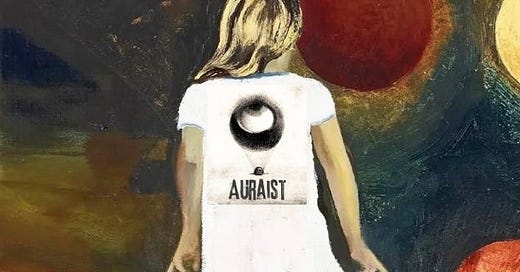October's best-written recent releases in literary fiction II
Read the opening pages of our picks below
IN TODAY’S ISSUE
—’Hell isn’t the psychosis. Hell is leaving the psychosis’: our next pick from the recent releases in literary fiction. Our previous pick is here, along with the list of books conside…
Keep reading with a 7-day free trial
Subscribe to Auraist: picking the best-written books to keep reading this post and get 7 days of free access to the full post archives.





